
Amsterdam 2013. Photo courtesy Sebastiaan Burg
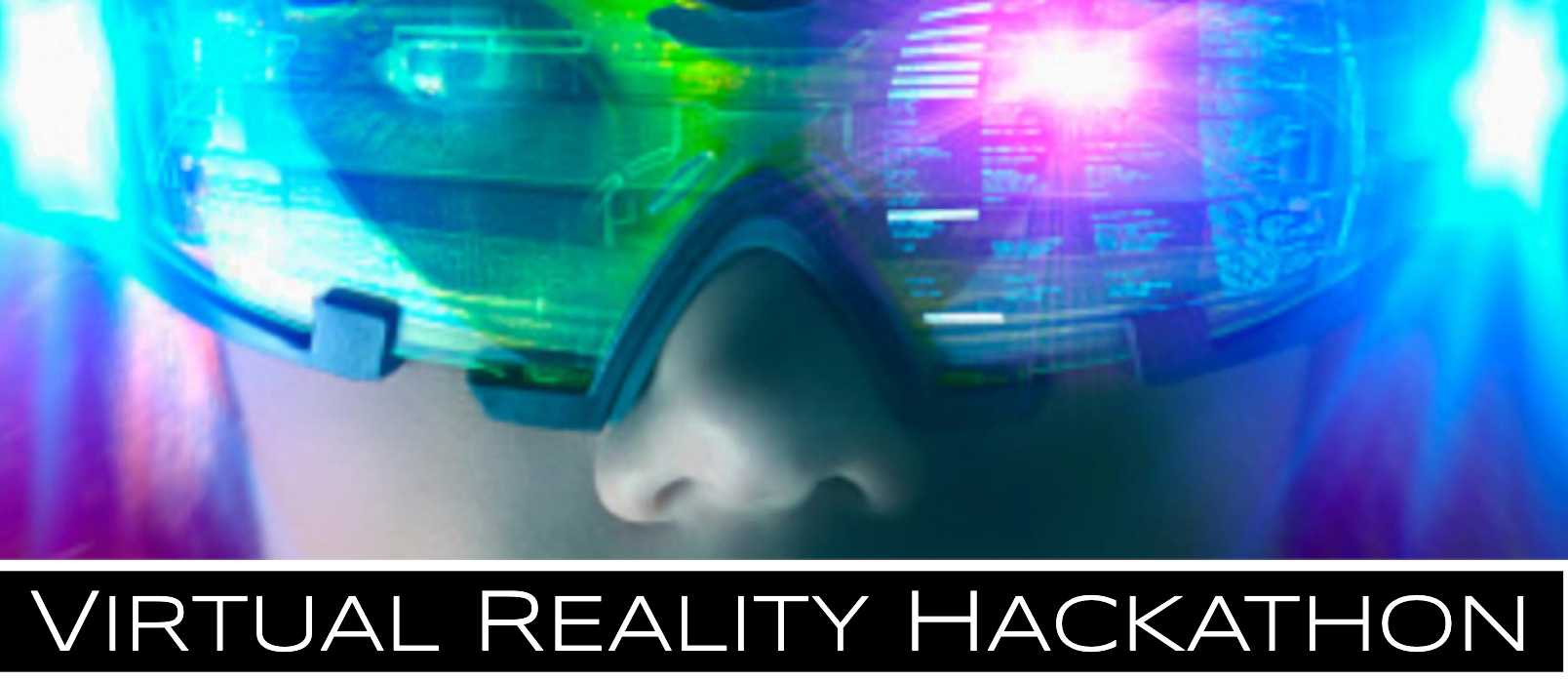
The Knowledge Foundation, a non-profit Swiss educational organization chartered to advance global education through the application of advanced and emerging technologies, and CreaTech Bulgaria, a professional network of creative enthusiasts leveraging technology and creativity for innovation and social entrepreneurship, are organizing a VR Hackathon in Burgas, Bulgaria, on 25 and 26 June 2025. The event, to be held in a hybrid format with both online and in-person competitors, is a friendly competition among creative technologists aged 16+ dedicated to using immersive technologies (such as Virtual Reality) and creativity to design interesting solutions to real world social issues.
A subsequent hackathon, to be held in Berlin, Germany, following the upcoming VR Hackathon in Burgas, will challenge competitors to integrate Knowledge Token® into the winning VR solutions that are developed during the Burgas VR Hackathon. The Berlin hackathon will focus on integrating the Internet Computer rendition of Knowledge Token® into the winning VR solutions.
The VR Hackathon, organized in collaboration with the CreaTech Black Sea Game Summit, and supported by the Municipality of Burgas, the United Nations Office on Drugs and Crime (UNODC), and the Web3 Foundation, is the first of its type and is anticipated to become an annual event that brings together the young immersive and gaming talents of the South East European region and beyond.
The topic of the 2025 edition is cybersafety and cybercrime resilience.
The VR Hackathon is aimed to inspire the creative minds of talented creatives and developers to conceive and develop engaging, innovative, interactive and immersive virtual experiences on the topic of cybersafety and cybercrimes.
Thanks to the combined expertise of the UNODC Regional Centre for Combating Cybercrime in Doha, Qatar, the Knowledge Foundation, Web3 Foundation and CreaTech on the topics of cybercrime, immersive technologies, AI, blockchain-based incentive/rewards systems and creative and game-based entrepreneurship, the competitors will be invited to develop innovative immersive solutions to educational approaches that support the implementation of the UN Convention against Cybercrime. In doing so, they will be equipped with knowledge and skills to address key ICT (Information and Communication Technologies) concepts with innovative technologies and compete to develop the best immersive education solution.
The winning teams will embark on a collaborative journey to continue building and fine-tuning their virtual creations in collaboration with the Knowledge Foundation and United Nations Global Programme on Cybercrime that can lead them to visit different countries to showcase, in person, their skills and creations for different audiences, both technical and criminal justice practitioners, on unique and interesting platforms (more information is provided in details and application page).
We kindly invite you to help us spread the word by disseminating this call to all relevant stakeholders and prospective competitors.
For more details on the competition and to sign-up please see:
 Knowledge Token® (Knowken®) is designed to fundamentally transform the way in which learners, educators, and educational content creators acquire, distribute and generate knowledge.
Knowledge Token® (Knowken®) is designed to fundamentally transform the way in which learners, educators, and educational content creators acquire, distribute and generate knowledge.
As an incentive and participation token that is awarded to learners in exchange for intellectual achievements, while privately and securely recording corresponding academic progress, Knowledge Tokens are issued in amounts that correspond to the units or amounts of knowledge, skills and/or credits that learners earn.
First introduced at IMMERSIVE ITALY 2017 in collaboration with INDIRE, the Italian Ministry of Education's oldest and most highly regarded educational research organization and the benchmark for educational research in Italy, Knowledge Tokens can be considered to be intellectual currency and, as such, may be used to pay for goods and services such as mobile phones, tablets, computers, games, textbooks, tuition and more.
The Switzerland-based Knowledge Foundation was recently established as the educational organization responsible for the design, development, deployment and ongoing maintenance of the global Knowledge Token® system and related open international standards for blockchain technology in the field of education.
Titles and organizations at time of speaking
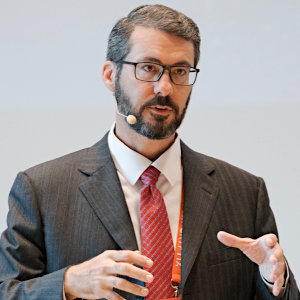
Founding Director of the Immersive Education Initiative (iED) and Boston College faculty
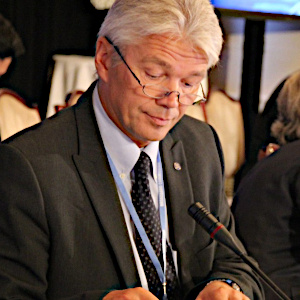
Asst. Director General, United Nations Educational, Scientific & Cultural Organization

Director, Office of Educational Tech, U.S. Dept. of Education & Immersive Education advisor

Chief Ranger, U.S. Dept. of the Interior National Park Service (NPS) and Immersive Education club advisor
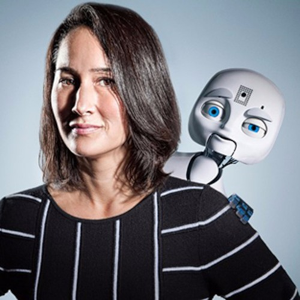
MIT Media Lab Associate Director and Massachusetts Institute of Technology Prof. of Media Arts & Sciences
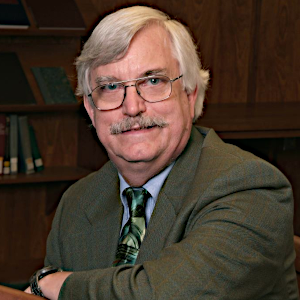
Harvard Graduate School of Education Timothy E. Wirth Professor in Learning Technologies, Harvard University

Fellow of University College, Oxford, and Director of University College Oxford Blockchain Research Centre
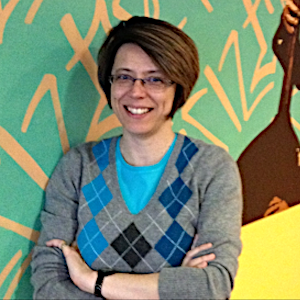
Director of New Media & Technology, Smithsonian and Immersive Education Initiative Arts and Culture co-chair
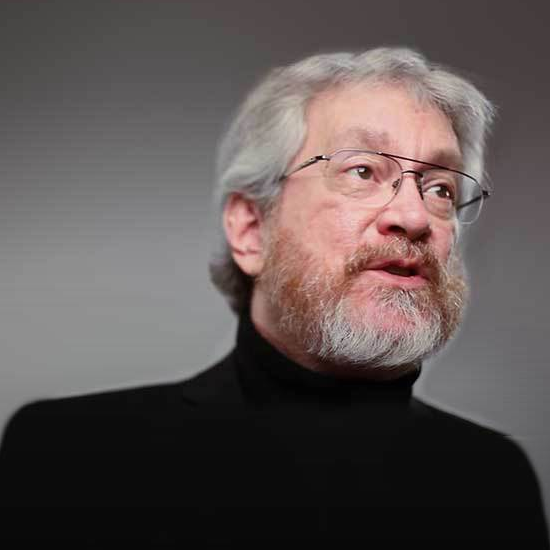
Co-creator and co-director, Massachusetts Institute of Technology Media Lab and Media Lab Asia
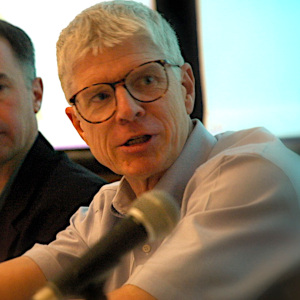
President, Federation of USA Scientists & Immersive Education advisor

Lead Researcher, National Aeronautics and Space Administration (NASA) Learning Technologies
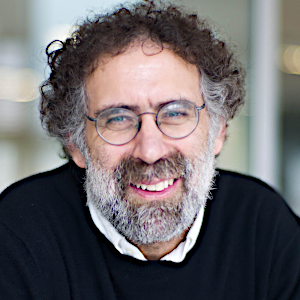
Professor of Learning Research and Director of MIT Okawa Center & Lifelong Kindergarten group
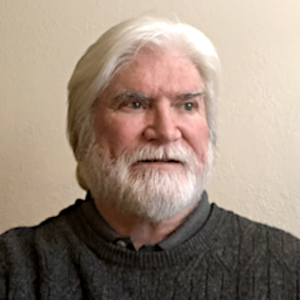
Faculty, Stanford University and Co-Chair of the Immersive Education Initiative Open File Formats TWG
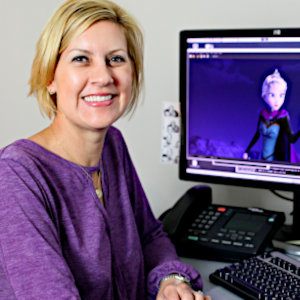
Stereoscopic Supervisor, Disney Animation Studios and Academy Award®-winning film "Frozen"

Senior Principal SRE/SWE (Site Reliability Engineer and Software Engineer), Google

Futurist, Intel Corp. and professor at University of Washington & California College